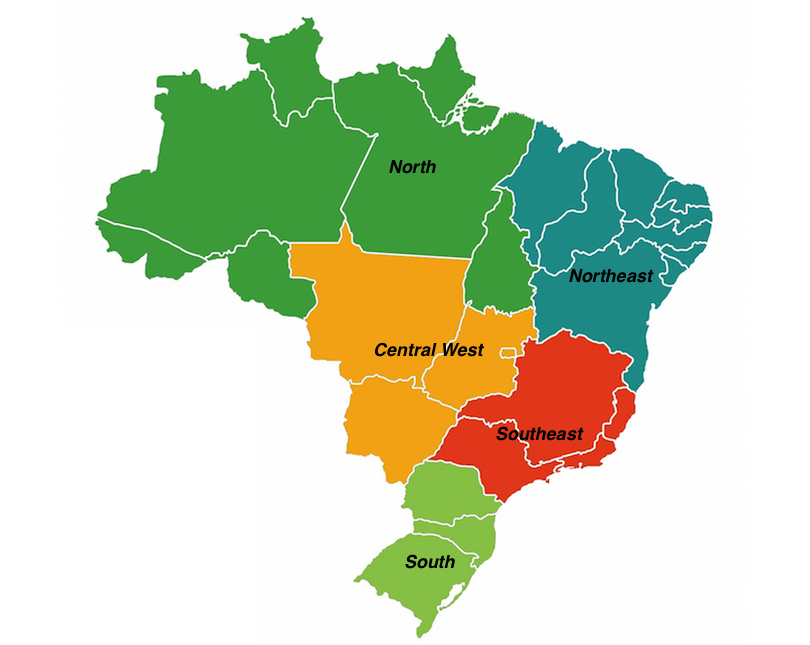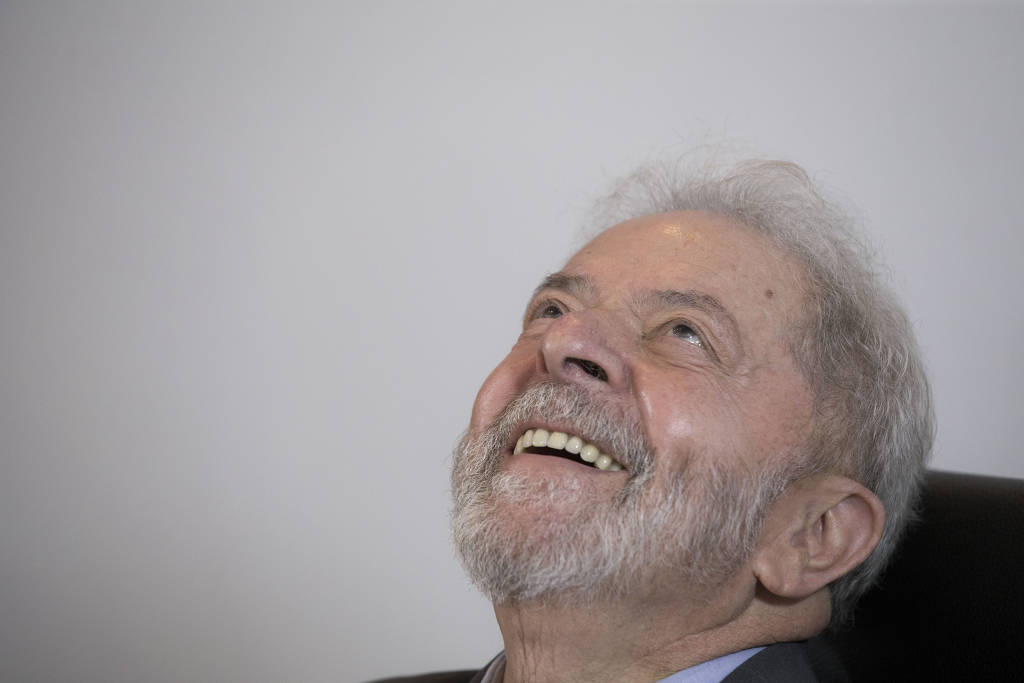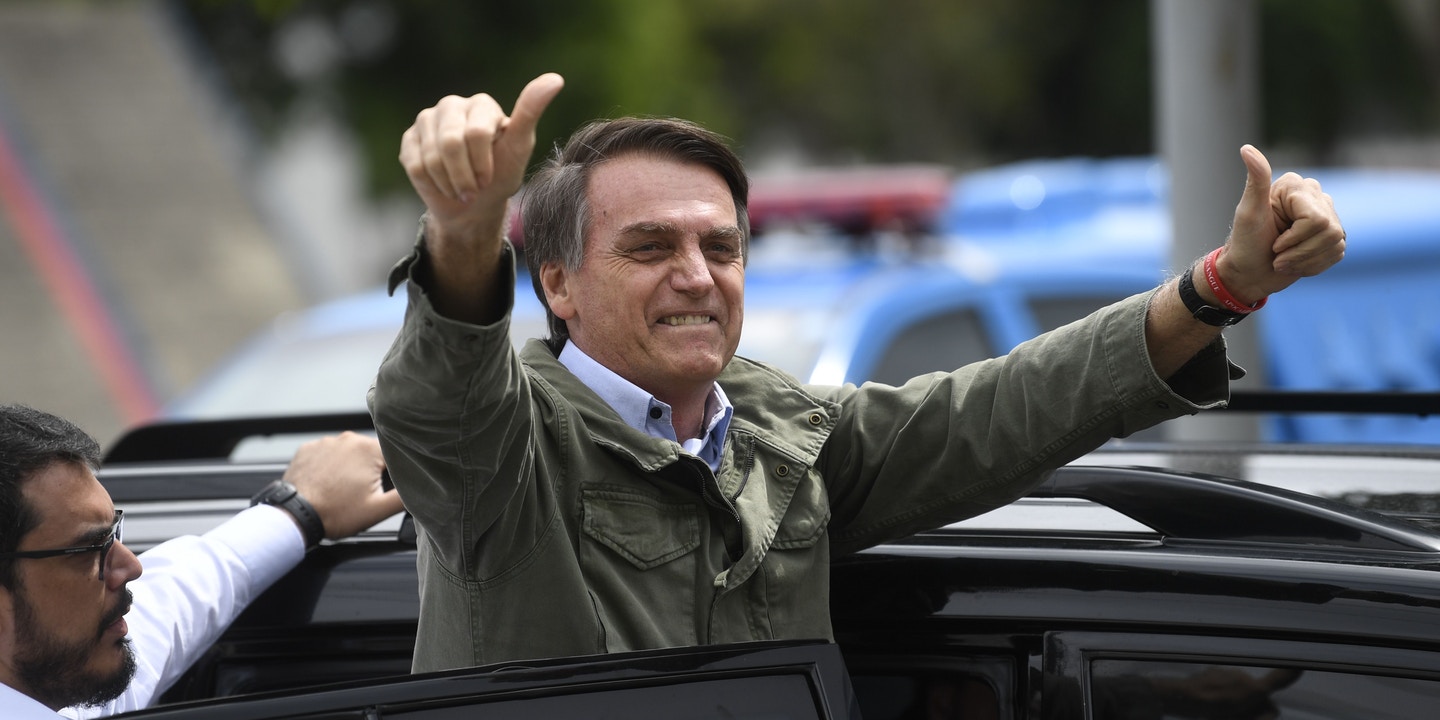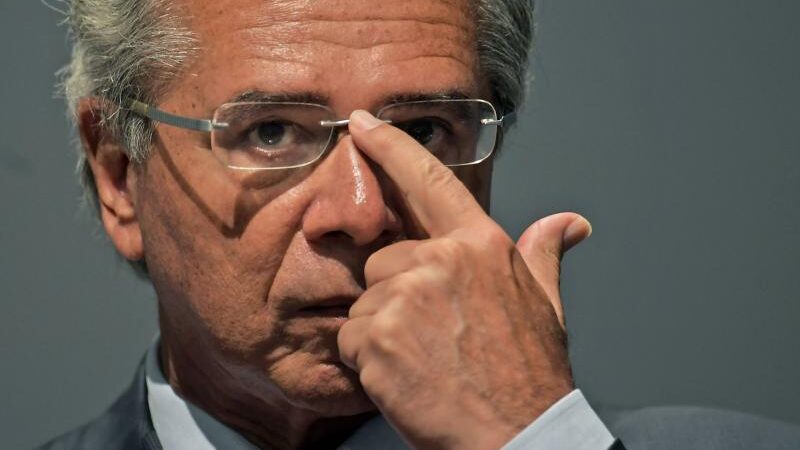RIO DE JANEIRO, BRAZIL – (Opinion) Investing in a foreign country can be scary. Will there be political instability? Will they nationalize the company I invested in and confiscate my money? Some small Latin American countries in the past have confiscated foreign investment and swung radically to the left or right, so investors are wise to be wary and to check out whether a country presents political risks.
People have talked about investing in the BRICS countries, and with the US markets at all-time highs, you may be considering investing in Brazil but wondering if it is safe. As an American, I was very reluctant to invest there because I knew very little about the country. Brazil can be opaque to foreign investors, a black box because most of the financial information is in Portuguese, and little gets translated into English.
Brazil is about the same size as the US, with 2/3 the population. But unlike the US, Brazil, in some ways, doesn’t exist as a single country. As managers of US companies in Brazil have said, it is more like several countries with a single government. It is a nation of distinct regions that don’t interact much due to geographic separation, ethnic differences, and the absence of a national superhighway or rail system.

The major areas of Brazil are: São Paulo (in the Southeast region and the largest city in the Southern Hemisphere, like New York City in its dynamic phase with the vast industry, service, and high-tech clusters); Rio de Janeiro (also in the Southeast region, a grand, old former capital and a worldwide brand like Paris but with beaches and great weather like Hawaii); the southern states (industrial and agricultural powerhouses like Ohio); other vast agricultural and mineral states like Mato Grosso; Northeastern Brazil (sparsely populated with unspoiled beaches); and the huge Amazon region with enormous preserves for indigenous people and wildlife and vast untapped resources.
Brazil is the leading, or among the top, producers of soybeans, corn, cattle, oranges, sugar, coffee, iron ore, oil, and other agricultural and mineral products. Because of its location, Brazil’s farmers get two crops a year. Its largest customer is China, and that business has been rapidly growing. As China and India continue to grow, Brazil will likely be the one supplying them with increasing amounts of food and raw materials for their industries.
At the same time, high tariffs have protected Brazil’s manufacturing industry, so that products such as cars, electronics, clothing, tools, and furniture are almost all “made in Brazil”.

But what about political risk? Emotions run high during elections. Much is made of the possibility that former leftist president Lula da Silva may win the election more than a year away in 2022, and foreign investors seem to be spooked by it. But Lula da Silva has a track record. From 2003 to 2009, he was not a wild man, a bomb-thrower who nationalized industries or confiscated private property.
His time as president was one of economic prosperity due largely to high commodity prices, such as now. Lula appeared leftist by doing obvious but relatively insignificant things on the international scene where Brazil was not a major player, like expanding relations with Cuba and Venezuela.
Domestically, he provided assistance to the very poor, which many people say was necessary. Judged from his record domestically, he was only slightly left of center concerning Brazil’s business and the economy, and was not a threat to investors.
Brazil’s President Jair Bolsonaro has delivered much-needed structural changes to help businesses and farmers achieve massive trade surpluses for the country. He successfully got large reductions in public pensions, which global economists had predicted would bankrupt the country. He has aggressively worked to modernize Brazil’s infrastructure, building highways and railroads rapidly, a daunting task in a country so large.

On top of all of this, Bolsonaro dealt with the emergency of the coronavirus. He has privatized large state-owned industries that were notoriously inefficient. These major reforms to Brazil’s economy were accomplished with a brilliant economic minister, Paulo Guedes, trained at the University of Chicago.
Bolsonaro managed to walk the tight rope of keeping Brazil open and continue progress on the reforms and infrastructure improvements during the pandemic, minimizing damage to the economy while dealing effectively with the public health crisis.
However, some call him “ultra-right-wing,” but in reality, like Lula da Silva, Bolsonaro is no radical. He has not taken away government assistance to the poor. Instead, it was expanded early in the pandemic and it has been continued since then.
He is conservative, religious and is therefore especially popular with evangelicals, farmers, and small business owners.
He is much criticized and demonized by the mainstream Brazilian media companies. Still, he has contributed a lot to the fact that today the country is economically much more solid than its neighbors and is increasingly perceived as such by international investors.
In fact, the major candidates in Brazil – on the left and the right – are not extremists, as their opponents claim in the rough and tumble of political rhetoric. Neither one poses any threat to foreign investors. Despite the labels, they have in common the goal of doing the best for their country.
They are aware that the powerful and conservative Brazilian military watches over them and has the ability to intervene. It has the constitutional authority to step in for the country’s good if it deems it necessary, as it has done in the past. The fundamentals of the Brazilian economy are solid, and the stage is set for further growth.

The political noise that makes up much of the media coverage is of little importance in the real world of the Brazilian economy. This economy rises and falls with commodity prices, bad or good harvests and, above all, with demand from China and the United States and to a lesser extent from a couple of other countries, and with the work of Brazilian companies and workers, not with the talk of politicians or those who fall into political hysteria.
The presidents of Brazil, left and right, have attempted to nudge the country one direction or the other but are limited by political and constitutional checks from radical changes.
Brazil is like an enormous ship that can only be steered by small degrees and responds slowly to rudder changes. Because of its sheer size, Brazil is inherently stable. Further, like any human institution susceptible to fallibility, Brazil’s judicial system is also supposed to be a powerful institutional safeguard of human and property rights.

Is there a risk? Of course. If China’s economy shut down and stopped buying food and raw materials, i.e., if there is a global economic meltdown, Brazil would go along for the downhill ride like everyone else.
But at present, the promise of Brazil, with its increasing agricultural production, global trade, and large trade surpluses, seems to dwarf that risk. Former French President Charles de Gaulle purportedly once said: “Brazil is the country of the future . . . and always will be.” Brazilians seem to be working hard to prove him wrong.
With its large, diverse population of Germans, Italians, Japanese, Portuguese, Africans, and natives, and familiar Western-style businesses and governments, Brazil is one of the least “foreign” countries for citizens from the United States and Canada to invest in growth and political stability.

